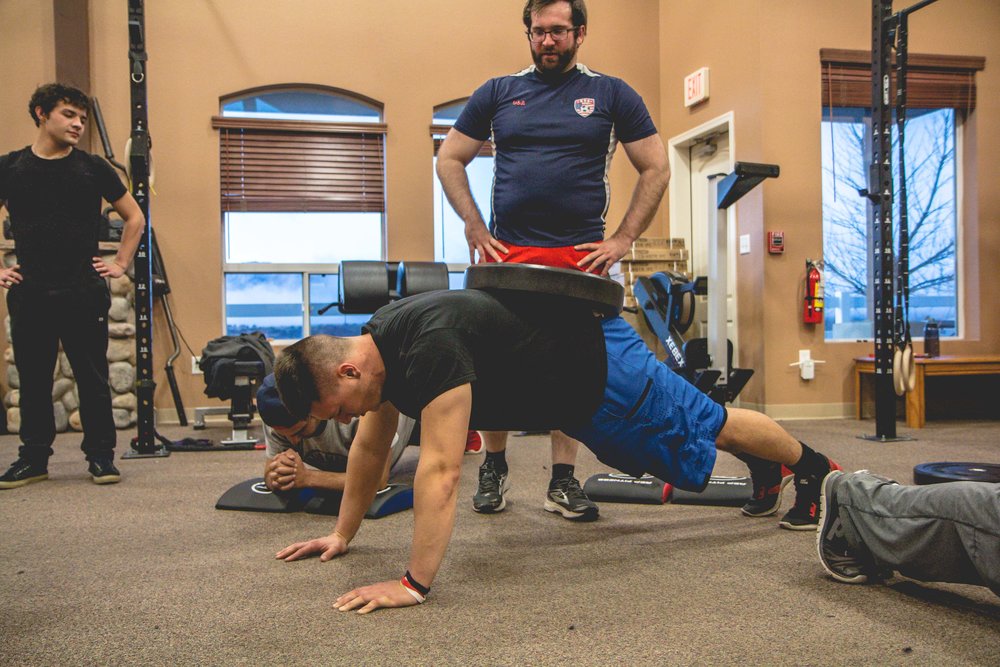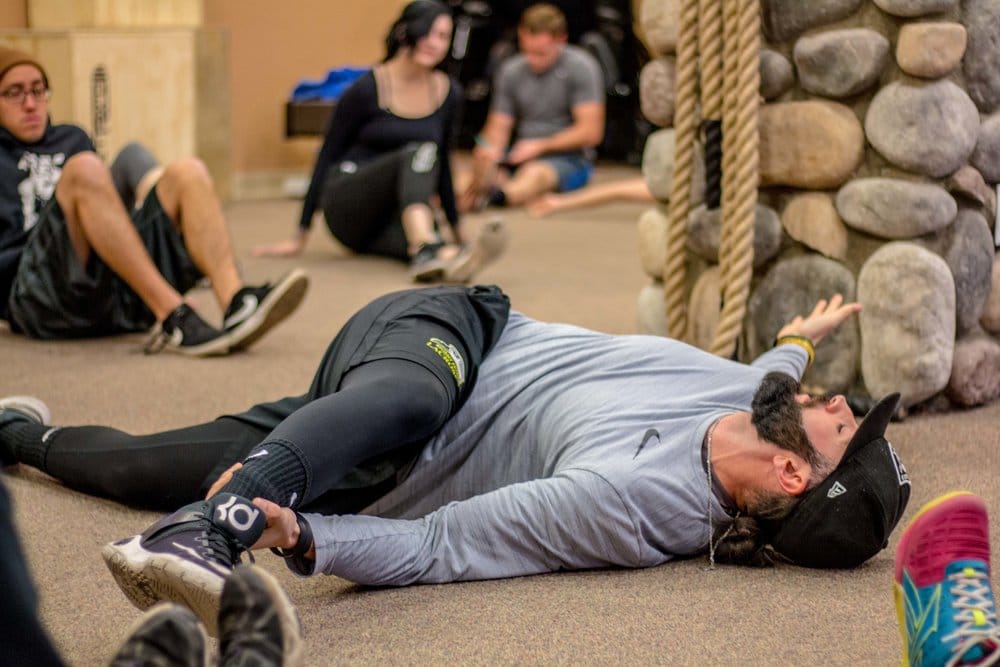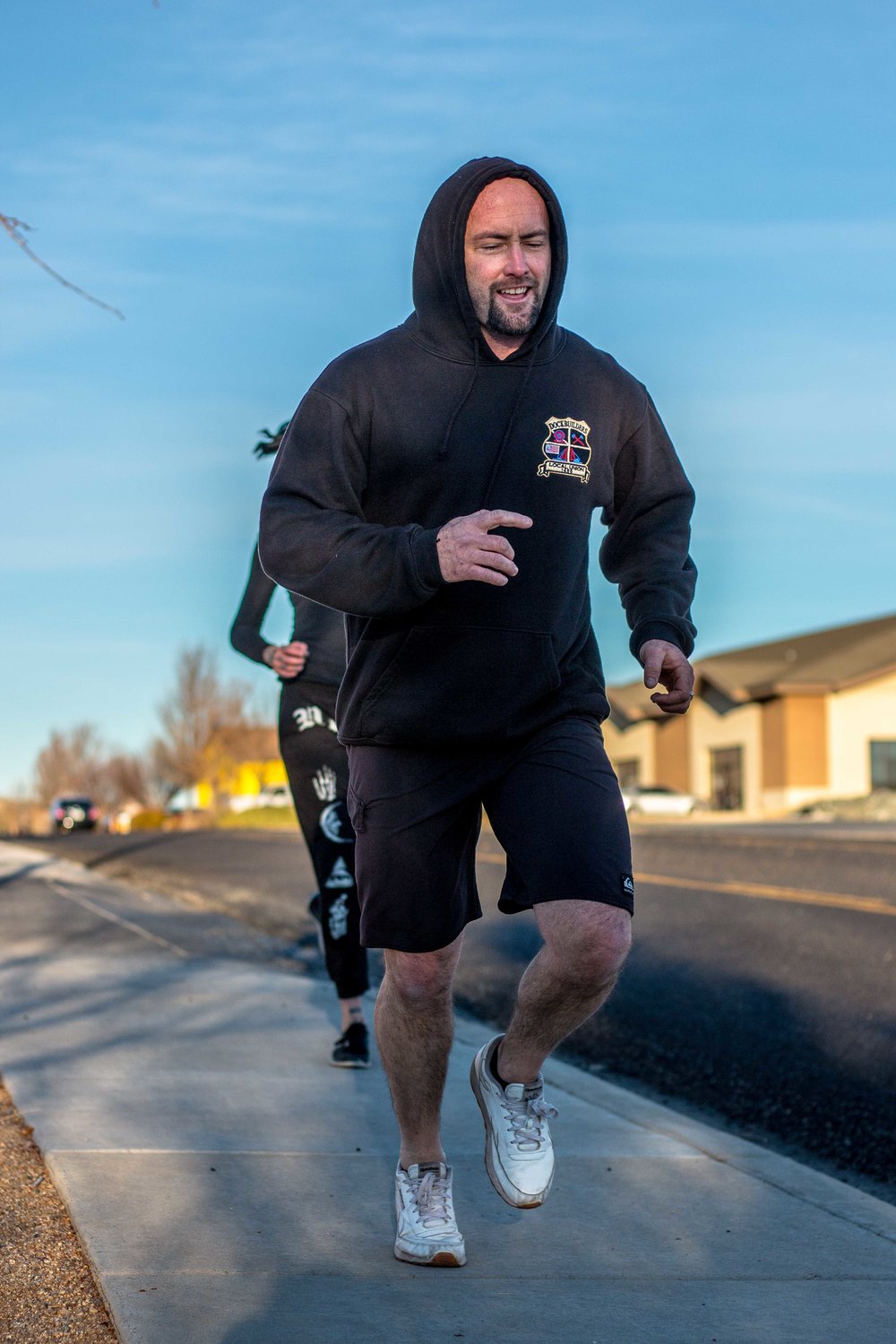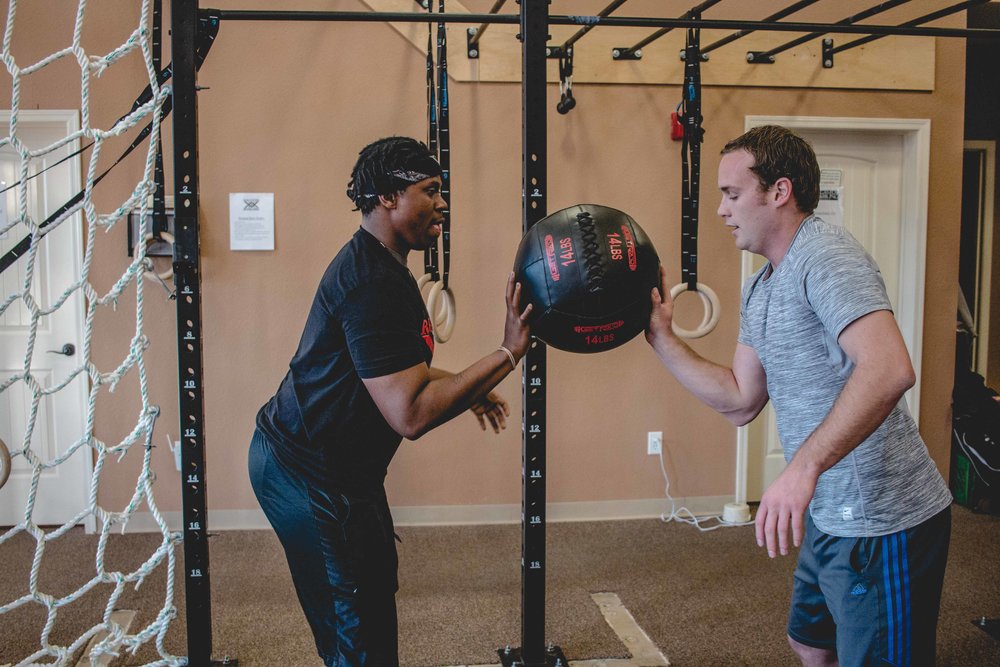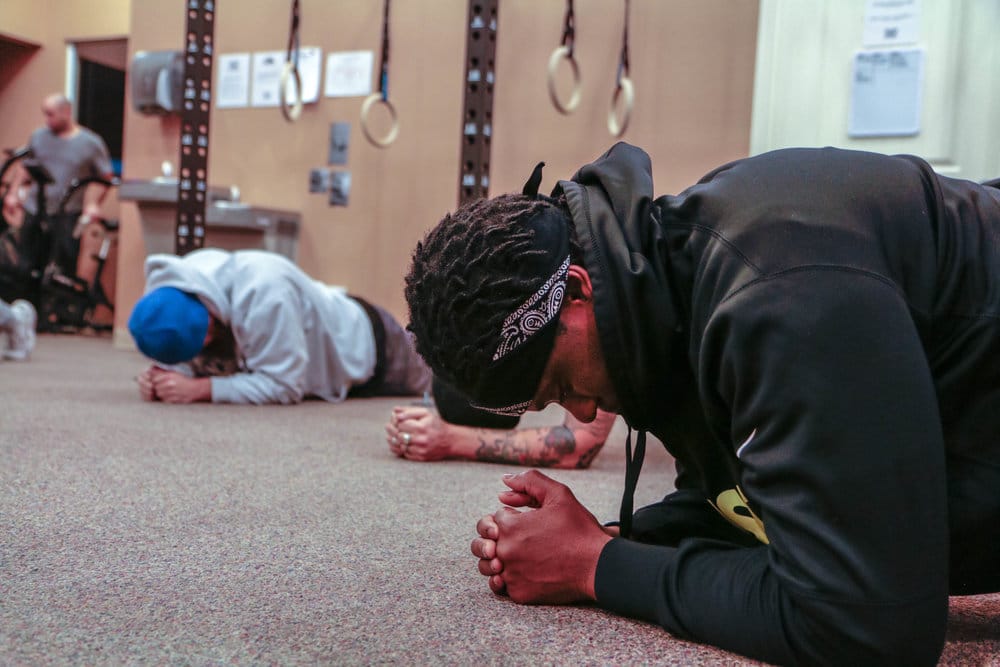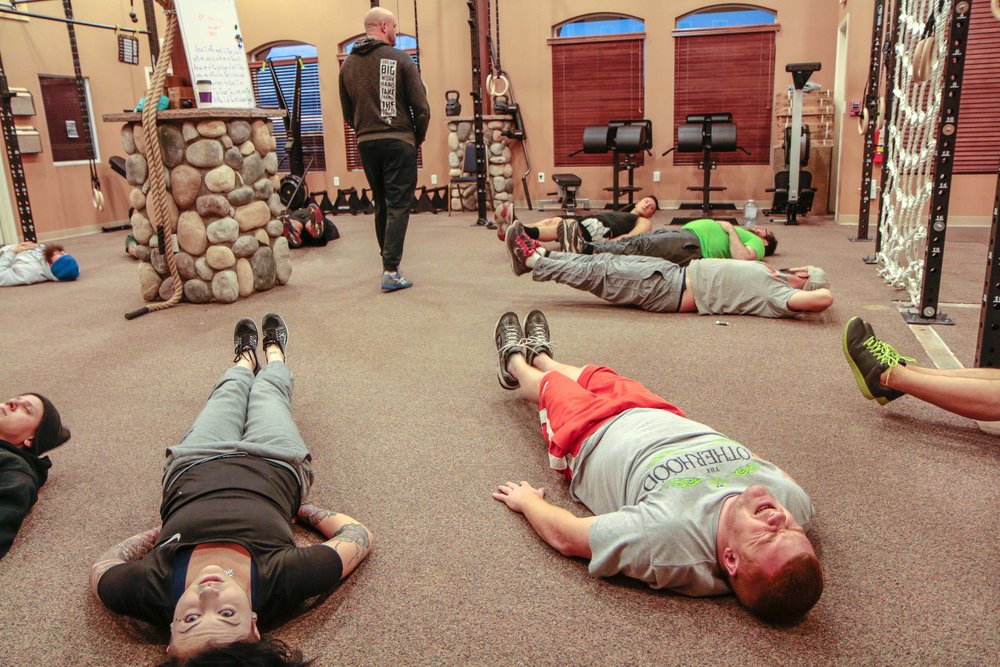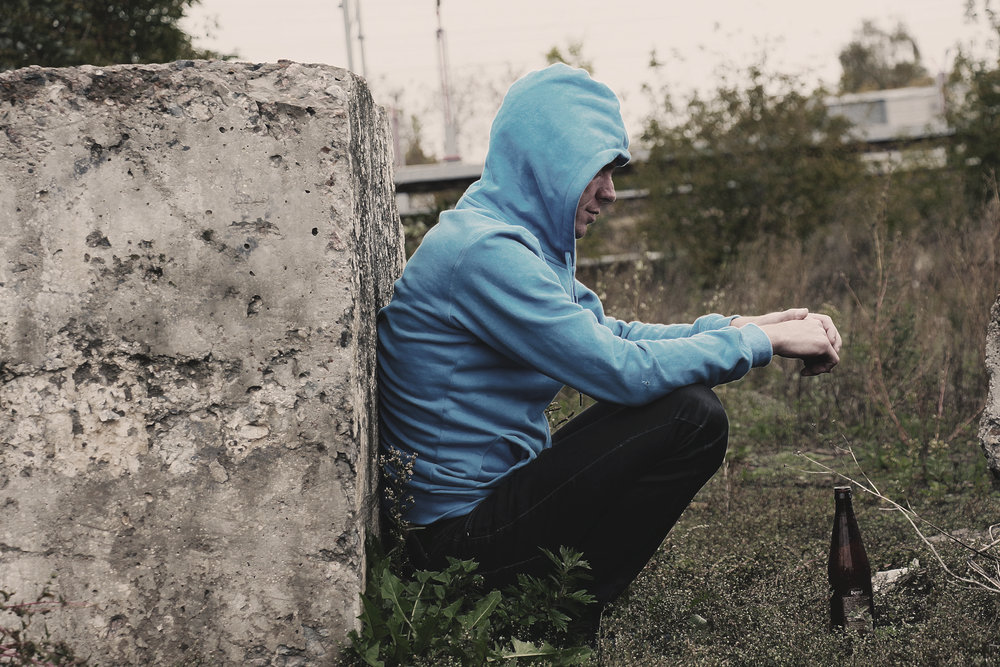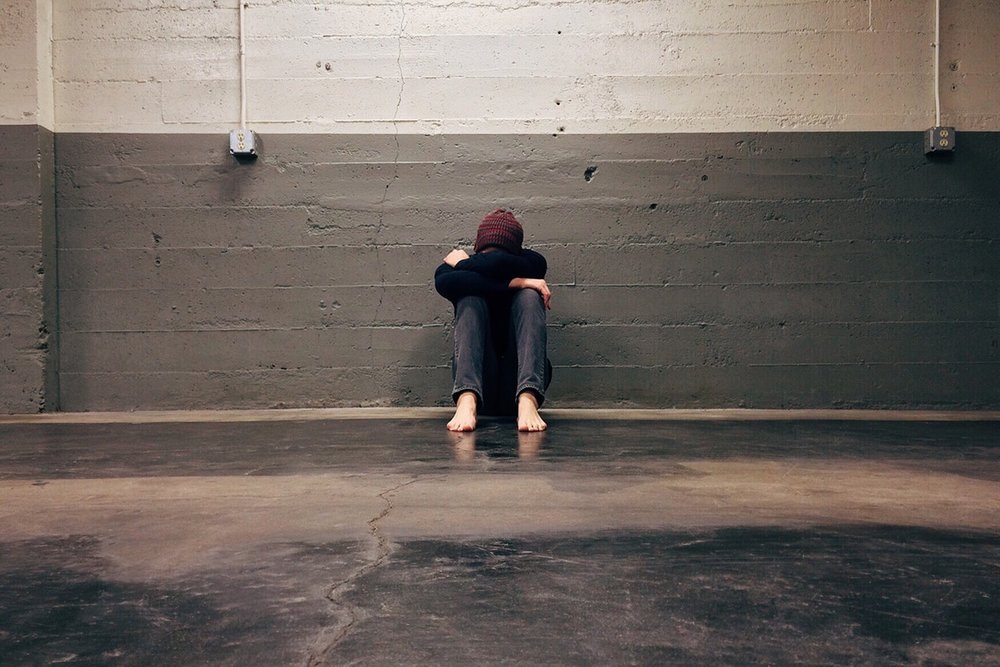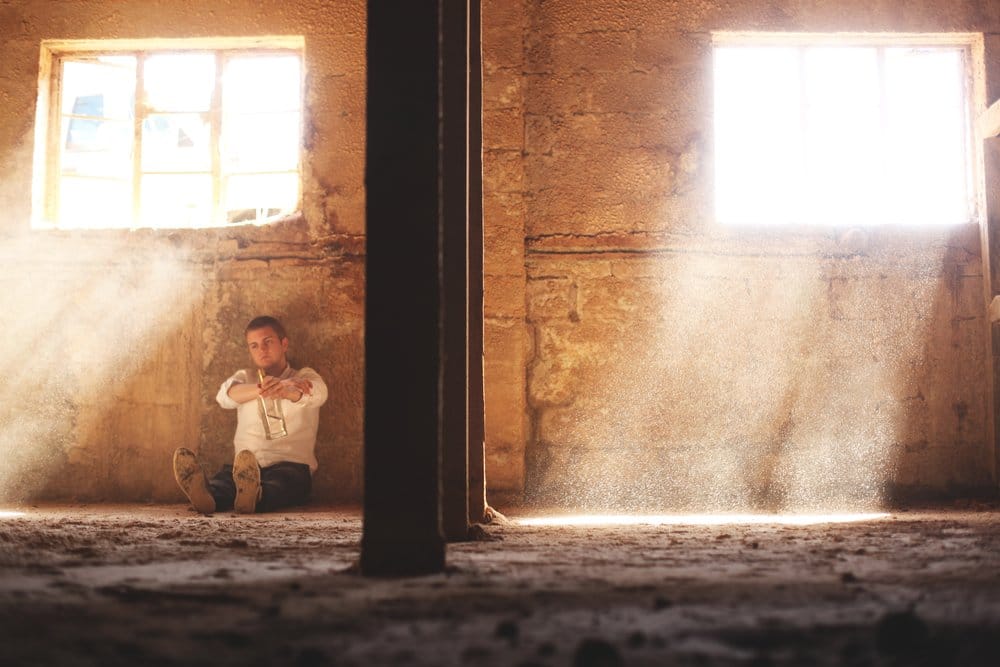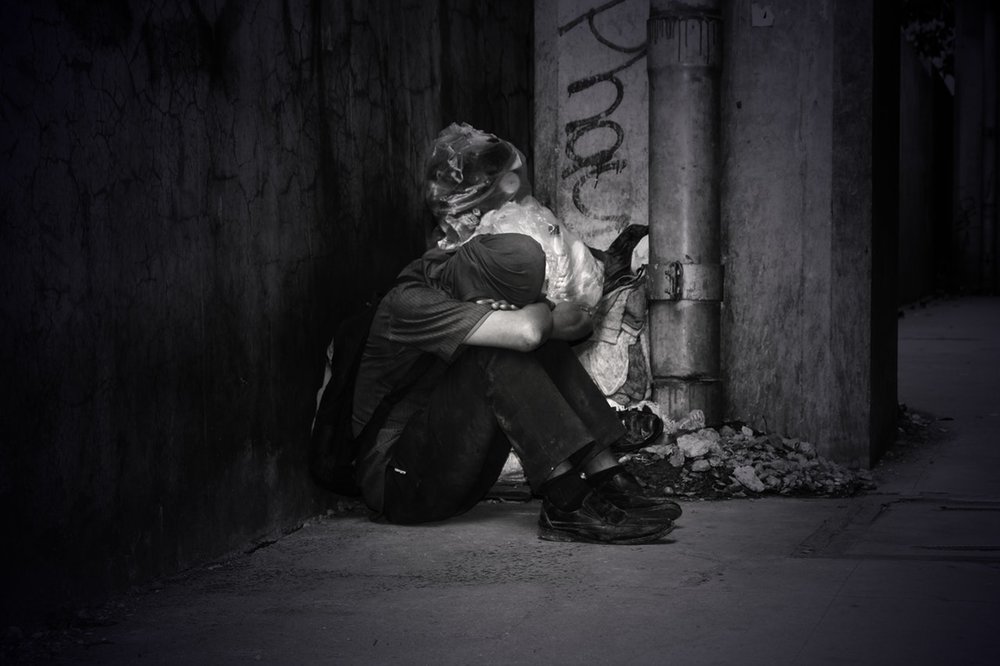In the first two parts of this series we have examined how to approach the subject of treatment with a loved one suffering from drug or alcohol addiction. Further we looked at how to help that individual make the transition into treatment. In the previous two pieces (which you can find here Part 1 and here Part 2) I tried to make many helpful suggestions and to provide some insight into the potential pitfalls. In this article I would like to make some good general suggestions on how to help a loved one transition back into home life and their native community upon completing a treatment program. Getting sober is one thing, but of course the real goal is having someone stay sober. While we can’t do it for them, as the family of an addict we have a role to play in helping them stay sober. This article should is in no way meant to replace working with a professional. Every individual situation is unique and no one article could possible address every unique iteration of sobriety or family dynamics.
Returning To Your Home Environment



For many addicts returning home from treatment can be a shock to the system. For the past several months they have been sequestered in a supportive community with both staff and peers committed to their recovery. The individual has been receiving as much as six hours of daily therapy, in addition to their engagement in a 12 step fellowship. Upon graduation they return home and without a proper after care program in place can begin to experience a significant degree of loss. This experience of loss can be a major hurdle for one who is newly sober. For this reason it is often recommended to have the individual enter an aftercare program upon graduation from long term treatment. Aftercare programs take many forms. It can be as simple as seeing a therapist or other professional clinician once a week. On the other extreme it could be a five day a week four hour a day outpatient program. Each individual’s therapeutic need will be there own and any meaningful long term program will make aftercare recommendations to the patient and his or her family. In most cases the facility can and will help coordinate with local service providers on behalf of the patient. The important thing is that whatever the specific plan turns out to be the addict feels therapeutically supported and a part of a larger community of recovery.
Having an After Care Plan…. And Following Through With It
This thought brings us to our next point which is the importance for the addict of engaging in a 12 step fellowship and the recovery community upon arriving home. The old suggestion of a 90 in 90 (attending 90 12 step meetings in 90 days) is advisable but not mandatory. Almost everywhere in this country these days has a wealth of 12 step meetings on a weekly basis. One can find a meeting directory most often by Googling the name of the 12 step fellowship (i.e. AA, CA, GA, HA, NA, etc) and the name of your town. 12 step fellowships are still the largest support network for alcoholics and addicts available. To this day they are also the most effective. The important aspects are to attend often enough to first create the habit of attending. Secondly, attend regularly enough to become a part of the community of support. There are certain aspects of an addicts life that only other addicts will be able to understand. Membership in a 12 step fellowship not only provides a foundation for recovery, but also friendships, fellowship, purpose, and meaning. It is possible to stay sober without membership in a 12 step fellowship. However what is vital to recovery is community, fellowship, purpose and meaning.

One of the most important aspects and perhaps the one addicts are least equipped to address is the necessity of creating a life of meaning and connection. How to do this is a difficult question to answer and in much detail lies outside the scope of this article. That being said, I think, I can provide some helpful suggestions. Engaging with family is a very important part of recovery. Include the addict in family life and events as much as is possible. The greater the connection becomes between the addict their family and community the harder it becomes to go back to the old way of living. Substance use takes away many of the things that once made life meaningful. In order to help your loved one think back to a time before their addiction really took hold. What were their interests and hobbies? What did they like to do with their free time? Encourage your loved one to return to these interests, especially those that were community based activities.
Finding Meaning and Remaining Accountable
One of the biggest helps you can provide to the addict is to help them feel fully responsible for their life and recovery. Try not to allow the addict to impose on you for money, or other material support. Encourage them instead to be self supporting as much as possible. Support them mentally and emotionally instead of financially and materially. For recovery to be long term the addict must take the lead and be fully responsible for their own lives. As loved ones we can be supportive and compassionate but must be careful not to assume the responsibility for them. If we allow this we may be hindering their growth.

Our last point is to make sure, as much as possible, that the addict is able to have fun. Life is meant to be enjoyed. If our new life is a happy one it will be harder to return to our old way of living. There is no easily definable recipe for fun. However, if you and your loved one work to accomplish the above points and take some time just to enjoy each other and the new life he or she has been given, this should put you on the right track toward a happy, fun, fulfilling life.
Once again this article is not meant to replace working with a professional. Nor is it within the scope to address each individual situation. Rather it is my hope that it has answered some questions, while maybe posing others, and that it has been able to give some comfort to those who are bound to one suffering from substance use disorder by ties of affection.
Until next time
Your friend in service,
Rob Campbell
VP of Communications & Market Development
If you or someone you care about is struggling with substance use disorder, give us a call today. We are happy to answer any questions you may have about our program.



